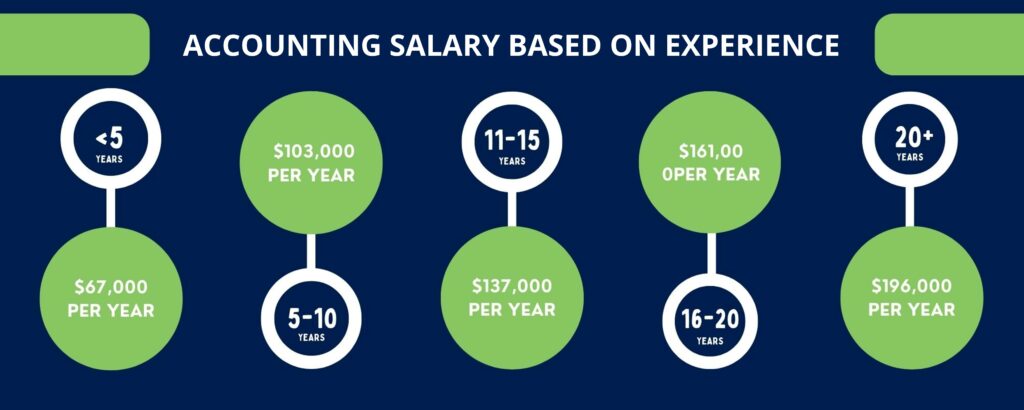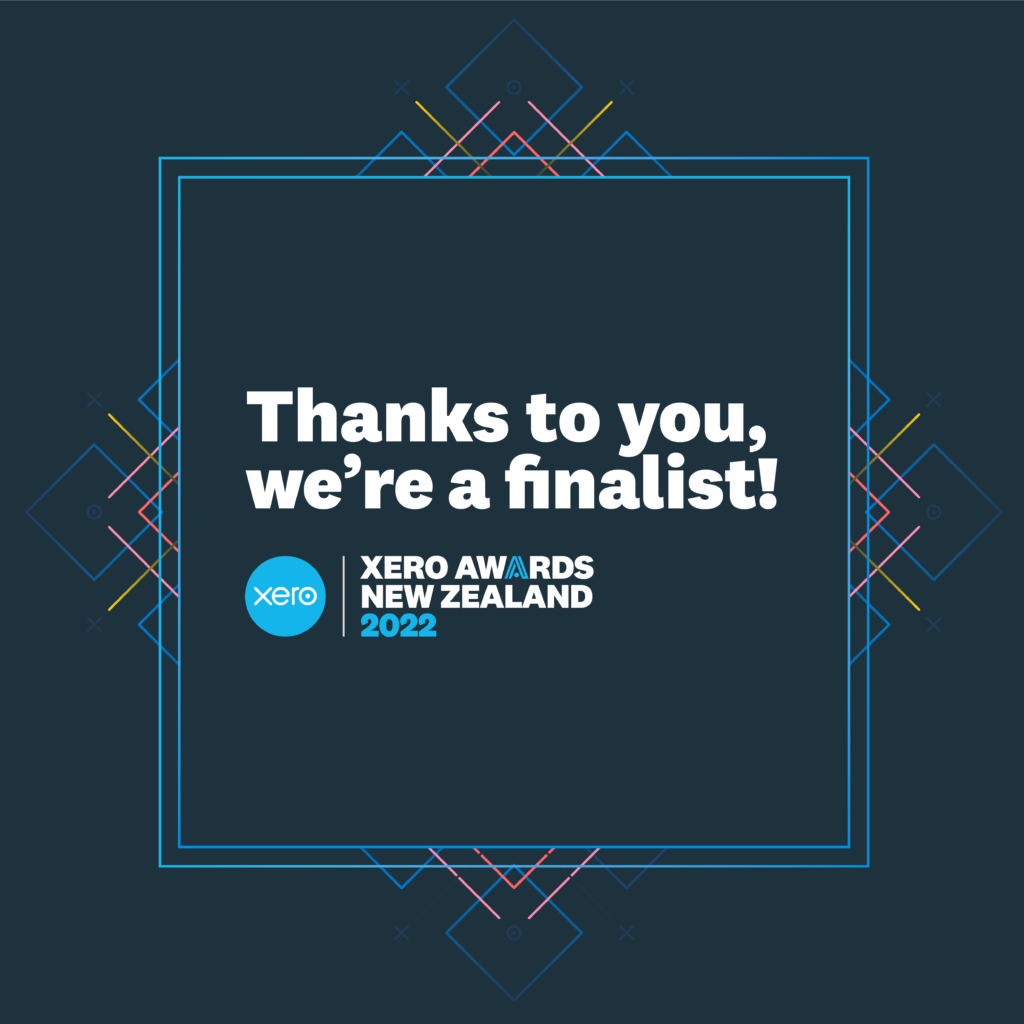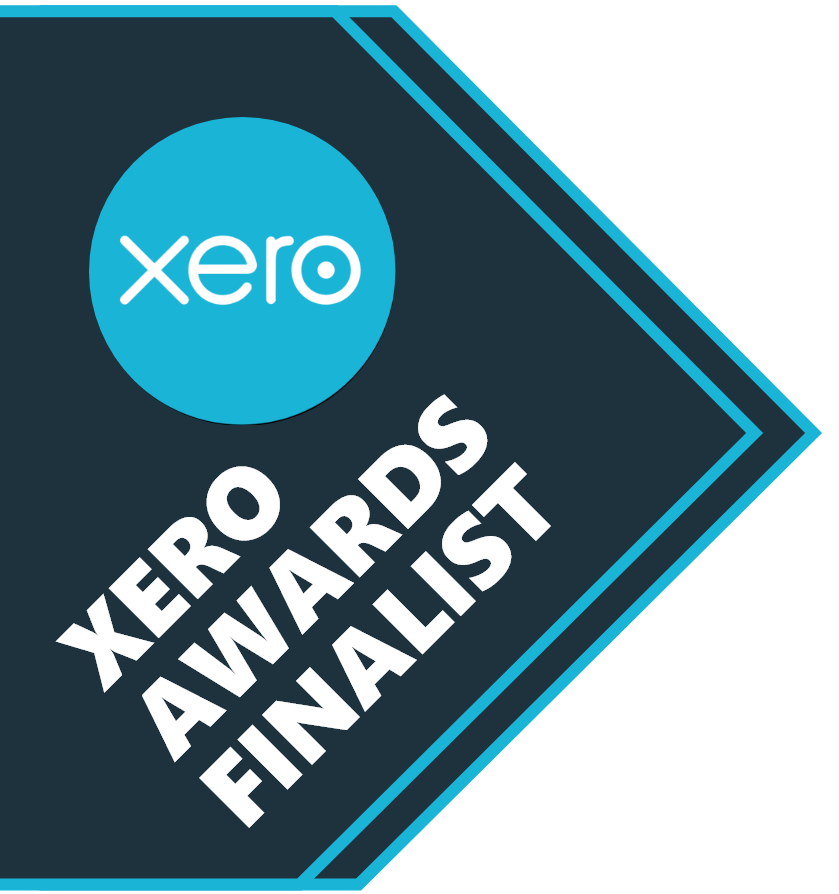A career as a chartered accountant can be extremely rewarding, both financially and personally. Accounting is projected to grow by more than 4% this year, and shows no signs of slowing down. The further your accounting career progresses, the more your pay wage will rise. If you are thinking about starting a career in accounting, the steps below can help.

Complete an Accredited Accounting Degree
Many tertiary institutes around New Zealand offer accounting degrees. This includes both universities and polytechnics.
Universities in New Zealand offer Bachelors of Management, Business or Commerce, in which you would major in accounting.
Polytechnics offer diplomas in accounting; however, these only allow you to become an accounting technician.
Other subjects that would benefit an accounting career would be papers in human resources management, law, economics, finance and digital business.
Become a Chartered Accountant
Before applying for provisional membership, you need to ensure you are eligible. If you have completed an accredited accounting degree (Accounting qualifications offered in Tauranga), it will be accepted if you have completed a different degree, it will need to be assessed before allowing acceptance.
The next step is to apply for a provisional membership. This can be done by providing your academic record and submitting the application.
Once accepted as a provisional member, you must complete your chartered accounts program studies and practical experience.
The CA program consists of completing a CA ANZ’s graduate diploma in accounting. This consists of nine subjects, seven core and two electives. There are intakes for these four terms each year.
The second part of the program is completing mentored practical experience. This needs to be three years and be with an approved CA ANZ employer.
Candidates are responsible for finding a mentor to supervise and support their practical experience. These employers then need to be approved by the CA, and mentors are required to register as a candidate’s mentors.
Once you have completed the CA program, you can apply for a full membership to Chartered Accountants Australia and New Zealand.
Gain Experience
To have a stronger accounting career, gaining experience is essential. It also allows you to experience the different technical areas of accounting.
This enables you to find the area that you enjoy the most. There are 13 different areas you can choose from. These are financial accounting and reporting, tax in practice, tax in audit, management accounting and business performance, audit and assurance, technology, data analytics and insights, risk, strategy and performance, financial modelling, financial advice, insolvency and superannuation.
It is also helpful to intern at accounting firms over holidays as a receptionist or administration assistant to experience the industry.
Developing Strong Communication Skills
As you will be working with fellow employees and clients, you must have strong oral and written skills.
One way to improve your oral skills is by joining Toastmasters. This is an international organisation that has clubs all around the world.
Toastmasters help build your confidence in speaking, learn new techniques and become a more dynamic speaker, helping to improve your communication and leadership skills.
To join, visit your nearest club, which can be found on the Toastmasters website, and most club fees are between $20 – $25 per month.
Another way to develop your communication skills is by taking the time to practise to strengthen them; there are also workshops available at most Universities to help.
Numerical Skills
To be an accountant, you have to have good number knowledge and be highly comfortable with all forms of mathematics. This is because an accountant needs to understand and work with numbers to perform their job duties. In addition, this enables them to analyse and interpret important information such as financial statements and tax forms, which you will learn through your degree.
Detailed Orientated
Some people may think being detail orientated is not essential in accounting, but it is important. It helps ensure accuracy in financial reporting. If an accountant is detail-oriented, they will be less likely to make mistakes when recording transactions or preparing financial statements, potentially leading to problems such as overstated income.
Additionally, being detail-oriented can help an accountant catch any potential fraud within a company. Accountants work with many different forms and thousands of numbers each day, so you must work methodically to ensure accuracy with your work so you stay organised.
Strong People Skills
Good people skills are important as you are likely to be working with clients who will express concerns or ideas they may have. It is crucial to articulate your response/solutions to your clients in a way they will understand. Dealing with clients can be stressful, so working under pressure is also crucial.
Problem-solving and Analytical Abilities
Essential skills to have in accounting are research capabilities, creative and critical thinking, data analysis and observation. You can demonstrate these skills by giving examples of an urgent situation where you have used them.
Specific processes or methods you would use when applying these skills. For example, it can be helpful to practice brain games and read books to enhance these abilities.
Create Relationships
Building relationships with people in the accounting industry is beneficial to become more successful. This can allow you to find more experiences and opportunities that would otherwise have been unavailable.
You can form relationships with others by joining clubs and memberships for accountants and introducing yourself to accountants within your community or university.
Attend Workshops, Seminars and Conferences
To grow your knowledge and build on your relationships, it can be helpful to attend seminars, workshops and conferences. These are held all around the world year-round and can be found on most chartered accounting websites.
Attending these is an excellent opportunity to network within the industry and learn more about your chosen profession.
Universities also offer networking opportunities, often found through student clubs.
Conclusion
In conclusion, a career in accounting in New Zealand can be an enriching and fulfilling experience. Once you better understand the options available to you, you can make an informed decision about which path to take. Remember that hard work and dedication are essential to success in any field, regardless of your route.









